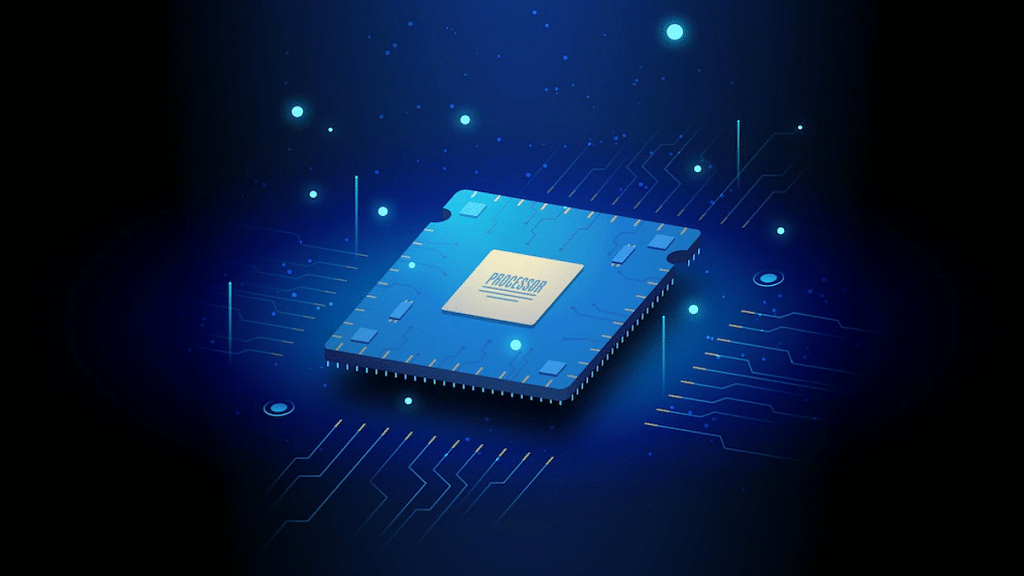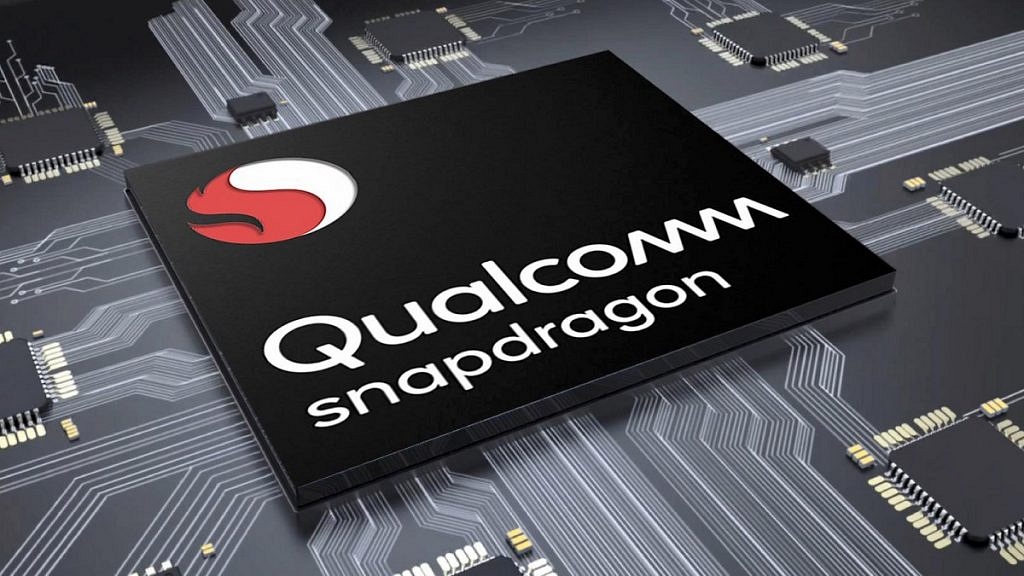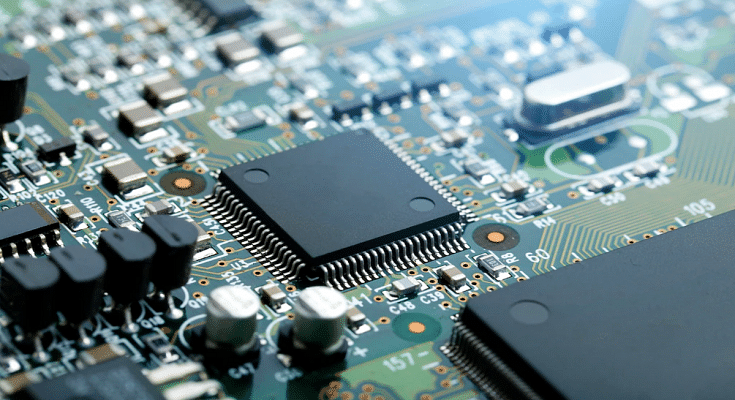We have seen multiple new mobile processors getting announced in the last few years. 2022 has been eventful for the chipset brands and we have got to see new SoC for affordable, mid-range, and flagship smartphones and tablets. In India, the trend has seen an all-time high with mid-range and premium mid-tier mobile chipsets. MediaTek Helio G99 is a potent mid-range gaming chipset used by popular phones such as the Infinix Zero 20, Realme 10, and the Moto G72.
Qualcomm is also strengthening its portfolio with a new range of 5G mobile chipsets. However, it still has a stronghold in the affordable and mid-range segments with 4G processor. The Snapdragon 680 is one of the processors that competes head-on with the aforementioned Helio G99 SoC from MediaTek and has been used by several popular Android phones and tablets. Let’s quickly look at the comparison between the Helio G99 and the Snapdragon 680 4G’s CPU and GPU performance along with multimedia capabilities.
Qualcomm Snapdragon 680 Vs MediaTek Helio G99 Chipset: CPU Architecture
| Chipset Name | Qualcomm Snapdragon 680 | MediaTek Helio G99 |
| Fabrication | 6nm TSMC | 6nm TSMC |
| cores | Octa-core | Octa-core |
| GPU | Adreno 610 | Mali-G57 GPU |
| Storage | eMMC 5.1, UFS 2.2 | UFS 2.2 |
| Memory | LPDDR4x | LPDDR4x |
When we speak of the fabrication, a 6nm TSMC process is used by both MediaTek and Qualcomm for the Helio G99 and the Snapdragon 680 SoC respectively. While both these mobile processors come with an octa-core cluster design, the core clusters are different. The processor comes with four Cortex A-73 cores with 2.4GHz clock speed and four Cortex-A53 cores with 1.9Ghz clock speed.
MediaTek Helio G99 processor features dual Cortex-A76 cores with 2.2GHz clock speed and six Cortex-A76 cores with 2GHz clock speed. The frequency response range is 2400MHz delivered by the Snapdragon 680, whereas the Helio G99 offers 2200MHz clock speed. Performance delivery is good if we consider both these mobile processors and they can easily take on a different set of tasks swiftly.
Also Read: Qualcomm Snapdragon 695 Vs MediaTek Helio G96 Chipset: Best Mid-Range Android Mobile Processor
Qualcomm Snapdragon 680 Vs Helio G99 Chipset: GPU Architecture

Qualcomm has integrated the Snapdragon 680 chipset with the Adreno 610 GPU. This graphics processor unit delivers 1114MHz of GPU frequency and is deemed fit to render extensive graphics with fluid speeds. On the other hand, the MediaTek Helio G99 processor features a Mali-G57 MC2 GPU that comes with 2 execution and 32 shading units. This GPU packed inside the Helio G99 is also capable to render rich graphics with ease.
Also Read: Qualcomm Snapdragon 732G Vs MediaTek Helio G88 Chipset Comparison: Which One Fairs The Competition?
Snapdragon 680 Vs Helio G99 Processor: Memory, Multimedia (ISP)

The memory type used is same by both Snapdragon 680 and the Helio G99 processor. These processors employ an LPDDR4X memory type with the former offering 2133MHz frequency and the latter offering 4266MHz frequency. The maximum RAM allocation size for the Snapdragon 680 is 8GB, while the MediaTek Helio G99 has 10GB maximum RAM support.
Storage type supported by the Snapdragon 680 chipset is eMMC 5.1 and UFS 2.2, while the Helio G99 comes with UFS 2.2 storage type only. The maximum display resolution compatible with both these processors is 1080 x 2520 pixels. Whereas, the maximum camera resolution supported by the SD 680 is up to 64MP and up to 108MP with the Helio G99. While the Snapdragon chipset can record 1080P @60fps videos, the latter can record and playback 2K@30fps videos.
